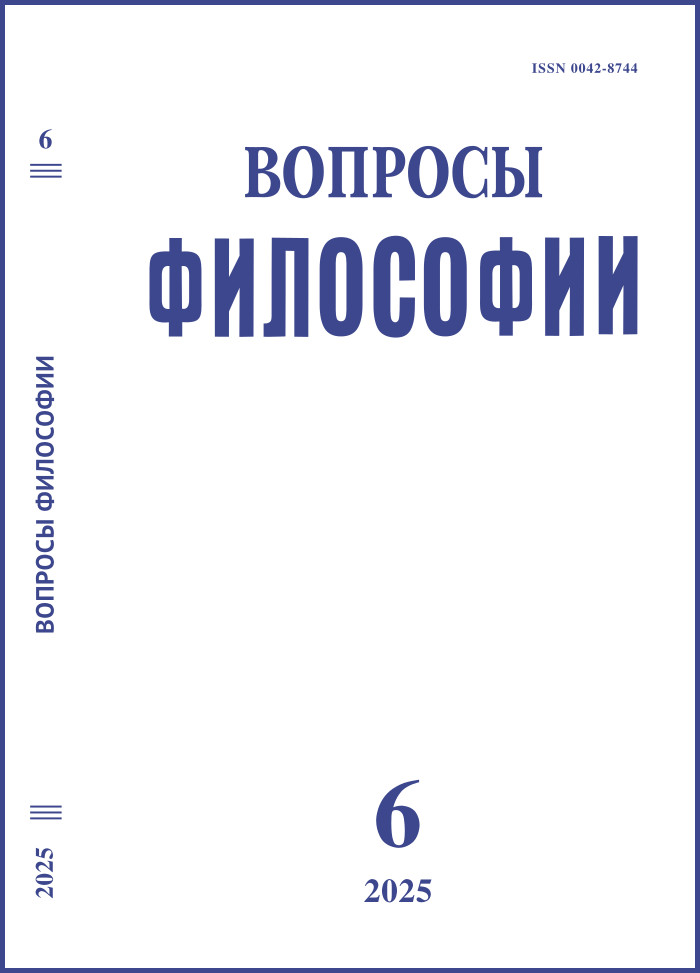The Concept of “A Priori Synthetic Judgments” in the Philosophy of Mathematics of Kant and Poincaré. Henri Poincaré and Émile Boutroux
DOI:
https://doi.org/10.21146/0042-8744-2025-6-159-171Keywords:
philosophy of science, philosophy of mathematics, a priori synthetic judgments, I. Kant, Henri Poincaré, Émile BoutrouxAbstract
The article supports Mary Nye’s thesis about the influence of the “Boutroux circle” on the formation of Poincaré’s philosophical views, suggesting that Poincaré got acquainted with Kant’s philosophy and began to use the concept of a priori synthetic judgments in his works under the influence of Émile Boutroux. In this regard, the evolution of Boutroux’s attitude to the concept of a priori synthetic judgments is traced from his dissertation in 1874 to lecture courses at the Sorbonne in the early 90s of the XIX century. There is a significant similarity in the choice of topics and in the positions in Poincaré’s articles and in Boutroux’s lectures of this period, and the mutual influence of Poincaré and Boutroux on each other is discussed. The transition from a negative attitude to the concept of a priori synthetic judgments in Poincaré’s works on the foundations of geometry to the reception of this concept in the article “On the Nature of Mathematical Inference” is considered, and the reasons and features of this transition are discussed. In conclusion, the differences and common features in the understanding of a priori synthetic judgments in Kant and Poincaré are formulated.

